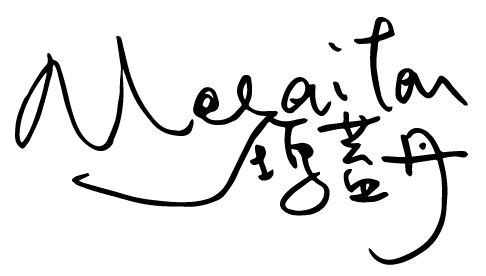thuini dai “tiasasaz a pruq”, sa miniahala inai a thau a qbit a tatata wa shiduq a lhungqizi a pruq, numa s izai a pruq sa mashtay mulhthkiz a miniahala inai a thau ininthawan a pruq. antu tataal tu Shpuut sa katautaunan a lhakthi a pruq, amafazaq sa Tai-waan izai a pruq, sa miniahala inai a thau muntal sa ananak a tanatuqash isa hudun ya minfazaq numa ininthawan, numa initusi musuun sa lhkaribush a numanuma, minaka sa izai mafazaq minthau, inai ininthawan. sa miniahala inai a thau a kakaanin isa lhkaribush sa aniamin, numawan mathuaw iamin shmuqrum sa izai a numanuma, mafazaq sa izai a pruq az’az ianan sa bahi, numa ya tumaza sa kataunan a kazakazash masa Thau a parshian, ya pakadaidaz sa lhkaribush numa ya pakaqitan dai, ya miazithu shduuiza iamin masa naam a pruq mathuaw pakaqitan mapalhalhituz dai.
isa Zintun a shirshir a Thau, tu kahiwan ya akmalawa sa ruza, amutusi hudun kmilhim sa tarin a kawi numa shakish a kawi. thuini a katautaunan mzai ata tu talah sa tarin a kawi numa shakish a kawi maqa sing-fuu apuil dai, numawan Thau antu uqtha kmalawa sa ruza. tu kahiwan naam a tantuqash itia muqay atnaquan tmalah sa kawi, numa amuqtha thithu apuhubuq ya mapishkitiza, aminpanaiza, ya miazithu antu shduu min’uka sa kawi, numa ya kahiza sa qumqum amaqa shduu isa lhkaribush minfazaq sa ininthawan a qbit pinfazaq; maqa thuini, ya muqay iamin apasain sa tuali mara sa suma wa kawi, muqay shduu ya pasain sa ianan kumahin a aniamin kmalawa sa ruza, antu palhituz sa izai a kazakazash, mathuaw maqarman.
thuini miniahala inai a thau a azazak ininthawan a pruq mat lhkaribush minhazish, muqay isa Lus’an amunai naam a kataunan, tu suma wa tilhaz muqay ya pasain sa patashan masa dawaz sa saran amunai minfazaq sa ananak Thau a kazakazash, numa amin’uka sa ananak a Thau a kazakazash numa lalawa. sa ananak a kazakazash antu tu suma wa thau palhituz, muqay ya amunai ananak a kataunan minfazaq, amaqa shduu mapalhalhituz dai. lhmazawan a pruq sa kataunan, mangqtu ihu shduu alhmazawan munai, naam a kataunan antu ya musha numa isai mitalha ihun numa matiqmu ihun.
Contemporary society calls it “traditional territory” - land that has been occupied and managed by indigenous communities, clans, and ethnic groups for generations. While non-indigenous people learn about Taiwan by administrative district, indigenous people grow up on mountains and in forests learning from elders to live harmoniously with all things in nature. Indigenous people are a piece in the jigsaw puzzle of life. For indigenous peoples, mountains are sources of food. We respect the heavens and love the earth. We believe everything has a spirit. We abide by traditional rituals and taboos. We coexist and prosper with nature. This is why our connection to the land is so close.
The Thao people depend on Sun Moon Lake. In the past, they made canoes from cypress, camphor, or other suitable tree species found in the mountains. But as the concept of “state” began to take shape, cypress and camphor – species with high economic value—become a target for government regulation. The Thao have not been able to build canoes since. Our ancestors practiced sustainable forestry, harvesting a certain amount of wood and letting the seeds spread and grow so the resource would never be exhausted as future generations continued learning about life in mountain forests. But now we can only build canoes using imported wood and artificial chemicals. What a great pity it is that the wisdom of the Austronesian peoples can barely be passed on.
Indigenous children grow up today more and more disconnected from the natural environment. They only return to their communities for ceremonies. They only learn about their culture in textbooks and online. A discontinuity in self-identity becomes inevitable. The sense of ethnic belonging cannot be built by outsiders; rather, it’s only by returning to your community and setting foot in your homeland that you can reestablish the connection with the people and the land. The community is always a place to start. When you’re ready to begin, it’s waiting to embrace you.
naur kazash a kalangkan
CEO of the Indigenous Peoples Cultural Foundation





